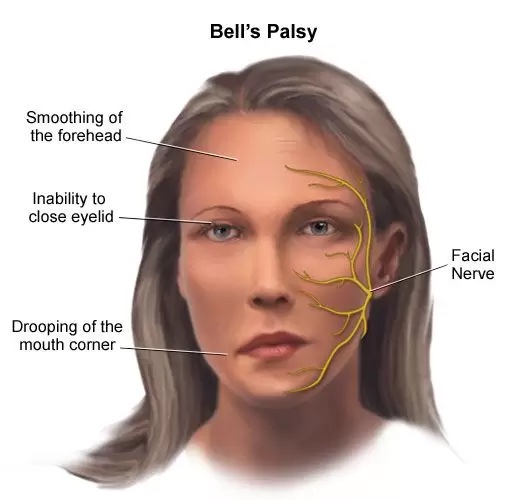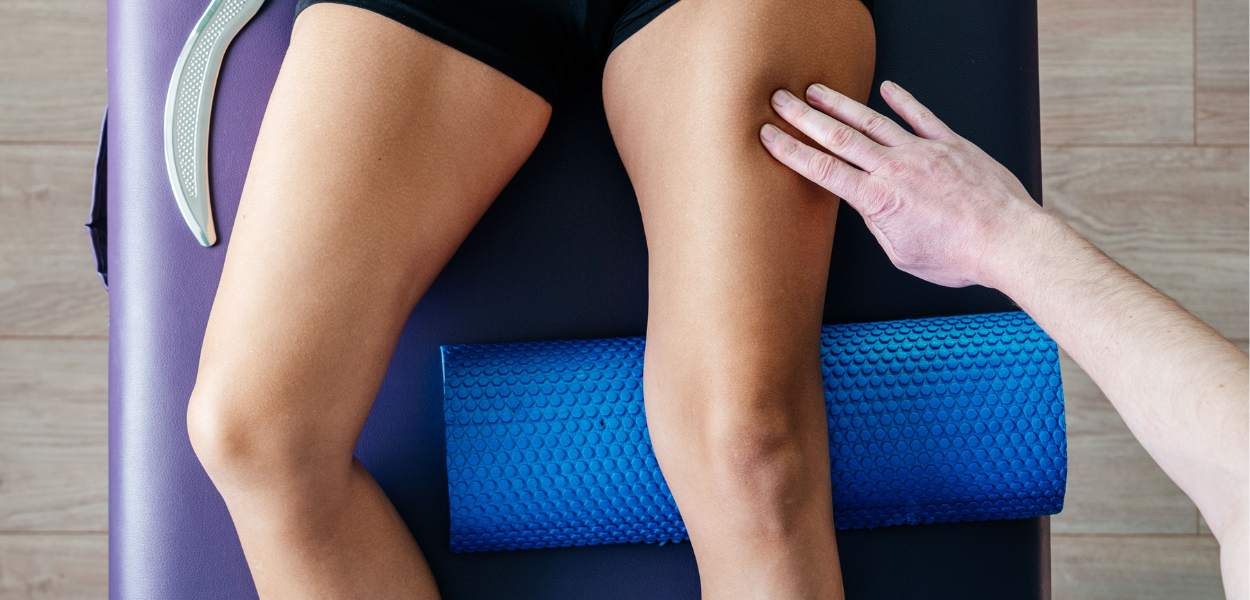Frozen Shoulder (Adhesive Capsulitis)
Frozen shoulder, also known as adhesive capsulitis, is a condition that causes pain, stiffness, and loss of normal range of motion in the shoulder joint.
Frozen shoulder is a condition that occurs when the capsule surrounding the shoulder glenohumeral joint becomes thick and tight, causing pain and limiting movement. It can occur in one or both shoulders and typically develops slowly over time. The condition tends to worsen over time if left untreated.
Frozen shoulder typically affects adults between 40 to 60 years old, with the condition being more common in women than men.
Common Features & Symptoms
The symptoms of frozen shoulder typically develop gradually and are characterized by pain and stiffness in the shoulder joint in the initial stages. The pain may be dull or sharp and may be felt in the upper arm or neck.
As the condition progresses, the shoulder may become increasingly stiff and cause extremely restricted range of motion, making it difficult to perform everyday tasks such as reaching or lifting.
For example, people with frozen shoulder tend to experience difficulties with:
- Reaching above shoulder height
- Throwing a ball
- Reaching for something quickly
- Reaching behind your back to tuck a shirt or clasp a bra
- Sleeping on your sidee
There are 3 distinct stages of frozen shoulder.
Stage 1: Freezing Phase
At this early stage, there is a gradual onset of pain and stiffness in the shoulder. The pain may be worse at night and there may be a limited range of motion in the shoulder joint. This stage may last for 3 to 9 months.
Stage 2: Frozen Phase
During this stage, the pain may decrease, but the stiffness in the shoulder becomes more severe. It may be difficult to perform daily activities such as reaching or lifting, and the range of motion is significantly limited. This stage can last between 9 months to 15 months.
Stage 3: Thawing Phase
In the final stage, the range of motion in the shoulder starts to improve and the stiffness gradually decreases. This stage can take from 15 months to 2 years to fully resolve with the help of physiotherapy.
Causes of Frozen Shoulder
The exact cause of frozen shoulder is unknown and not fully understood at the moment. However, it has been linked to certain risk factors such as diabetes, thyroid disorders, and whether you have had previous shoulder injuries or surgeries.
Physiotherapy Assessment and Diagnosis
Physiotherapy can be an effective treatment for frozen shoulder, helping to reduce pain, improve mobility, and prevent further damage.
At Prohealth Sports And Spinal, our physiotherapists will perform a series of tests to determine the stage (“freezing", “frozen" or “thawing") and location of the frozen shoulder and the factors contributing to your injury. From there, we develop a personalized treatment plan tailored to your specific needs and situation.
Physiotherapy Treatments and Advice
Once our physiotherapists have assessed the condition thoroughly, they will customise a treatment plan to help you recover faster and return to pain-free mobility.
We use a range of physiotherapy methods to treat frozen shoulder, including:
- Manual therapy for soft tissue and joint mobilization to release tension in the shoulder
- Pain management techniques including shockwave therapy, acupuncture
- Remedial exercises and stretches to maintain shoulder range of motion
- Specific shoulder mobilization and strengthening exercises
Need Help With Your Frozen Shoulder?
If you have been experiencing shoulder pain or stiffness, make sure to consult your physiotherapist. There is no quick treatment solution for frozen shoulders. If left untreated, the symptoms and discomfort can last a long time and get worse.
Our physiotherapists are highly experienced in managing and treating the symptoms of frozen shoulder as well as other musculoskeletal conditions.
Contact Us
Wellington Street Clinic:
Tel: (852) 2530 0073
WhatsApp: (852) 5542 0407
Jardine House Clinic:
Tel: (852) 2715 4577
WhatsApp: (852) 5422 3760
You may also book your appointment online through the link below:
For more information, contact us appt@sportsandspinal.hk or +852 2530 0073.
Latest Physio Tips & Articles

Effective Physiotherapy Treatment for Postpartum Wrist Pain – Case Study
Effective Physiotherapy Treatment for Postpartum Wrist Pain – Case Study A 31-year-old woman who recently gave birth sought physiotherapy treatment…

Bell’s Palsy Case Study: A 55-Year-Old Female
Bell’s Palsy Case Study: A 55-Year-Old Female A 55-year-old female sought medical attention for Bell’s palsy, a condition characterized by…

Myofascial Release Therapy
Myofascial Release Therapy If you've been experiencing soreness lately, you may have come across the term “myofascial release.” This technique…

Treating Minor Sports Injuries
Treating Minor Sports Injuries The Peace and Love Principle Say goodbye to RICE! PEACE and LOVE are the new kids…

